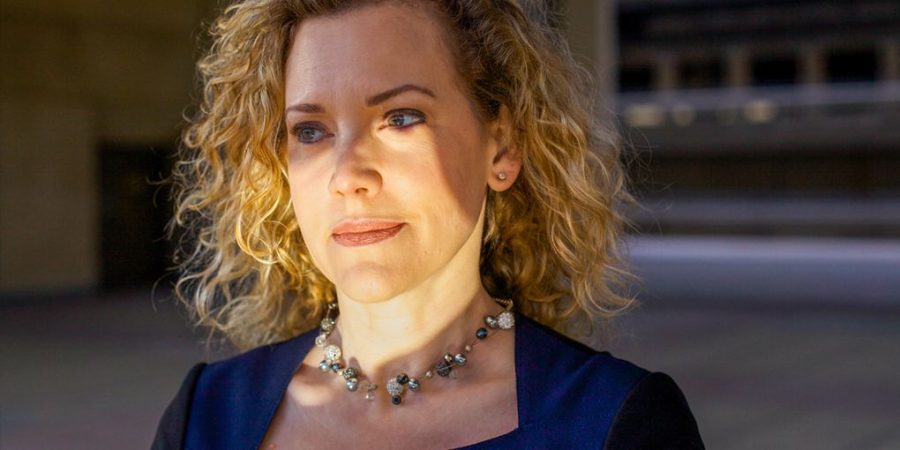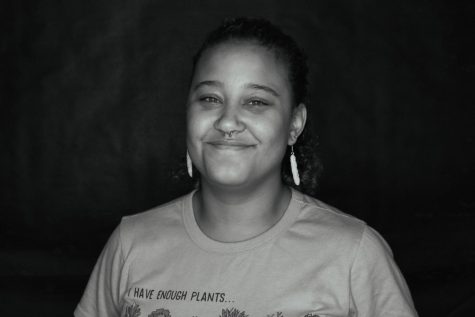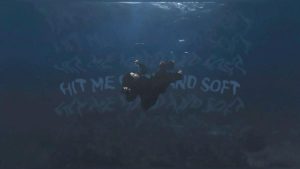Women’s History Month Features: Jesselyn Radack
March 6, 2023
Jesselyn Radack was born in Washington D.C on December 12, 1970. She attended Brown University and graduated in 1992 with a major in American civilization, women’s studies, and political science. In 1995, Radack graduated Yale Law School and through the Attorney General’s Honors Program went straight into the Department of Justice where she stayed as a legal advisor until April of 2002.
Shortly after the events of 9/11, Radack received a call from a prosecutor of the Justice Department asking about the ethical propriety of interrogating a US citizen without the presence of his lawyer, that citizen being John Lindh an American who allegedly fought with the Taliban in Afghanistan.
Radack advised against interrogating Lindh as it was not permitted by the law but the FBI proceeded against her recommendation. A few days later, Radack was contacted again by the Justice Department prosecutor and Radack opined that Lindh’s confession will most likely be sealed and only used for national security and intel gathering purposes, not criminal prosecution.
5 weeks after the interrogation, it was announced by Attorney General John Ashcroft that a criminal complaint was being filed against John Lindh. 3 weeks later Ashcroft announced Lindhs indictment, stating that all of his rights were being honored, though this statement was shown to be false when an image was released of Lindh duct taped to a wooden board, naked and blindfolded while in US custody.
On March 7, 2002 Radack was contacted by the lead prosecutor of Lindh’s case to inform her that there was a court order for all the emails sent between her and the Justice Department. Jesselyn was horrified to find that the department had only turned in 2 of the dozens of emails she had sent and purged the rest. With the help of tech support, she was able to recover 14 emails from her computer’s archives, turned them in, and then turned in her resignation. Radack kept physical copies of all the emails just in case they disappeared again.
As the case developed, the Justice Department swore they knew nothing of John’s lawyer at the time of questioning and even went as far as saying they had never taken the position of Lindh being entitled to counsel during his interrogation. When Radack heard this she sent her missing emails to a magazine reporter, who then wrote an article on them.
On the morning of Lindh’s hearing and 3 weeks after Radack’s emails were released to the public, Lindh pleaded guilty to 2 relatively minor charges offered to him by the US prosecutor, averting the crucial evidentiary hearing that would have probed the facts surrounding his interrogation.
In retaliation for Radack’s involvement in Lindhs case, the Justice Department placed her under criminal investigation, without telling her the charges she was facing, referred her to the state bar association for discipline, and placed her on the ‘No – Fly’ list.
Eventually ,the criminal case was closed and all charges were dropped and the Maryland State Bar Association dropped all charges against Radack in 2005. She was elected to the DC Bar of Legal Ethics from 2005-2007 despite her pending charges at the time.
Radack currently represents whistleblowers as the director of Homeland Security and Human Rights at the Government Accountability Project.












